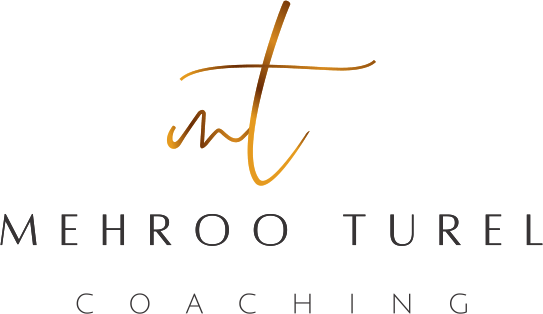Do you know that every person you interact with is most likely tapping into a very small fraction of what they are truly capable of?
So what does it mean to “be a coach?” The first thing that we learn when we sign up for a coach training program is to leave what we “know” behind. It did sound confusing at first but as we learnt more, we realised that coaching was not so much about “doing” but more about “being.” Coaching is different from telling, giving advice or directing someone to do something. Here is how you can “be” a coach too using these 5 simple rules –
- Be non-judgemental – The person who you interact with, your child or your friend or a spouse, they have their own beliefs and experiences in life, so when they talk to you try not to judge them for who they are or what they feel is important. Allow them to speak without interruptions, let them feel accepted so they can share more. By not labeling them good or bad, right or wrong, you are offering them a safe space to talk and in the process both of you are able to understand the situation better, leading to a meaningful insight as you go along.
- Be a partner or a buddy – Coaching is about partnering at the same level. Maybe it is your son you are chatting with or a conversation that you are having with your father, when you are coaching you assume you are at the same level of knowledge, skill and expertise with that person. Age, sex, experience makes no difference. You could exhibit this by inviting them to make choice during the conversation. Ask them what they would prefer to do, what they would like to focus on or what they would like to achieve. Being at the same level makes you more trustworthy as a person, and makes it easier for someone to share something more openly.
- Be present – For me, coaching is a form of mini-meditation, when you are focusing so much on one particular sensation of your body that nothing else matters. This sensation during coaching can be in the form of hearing, body posture, expressions. Be present in a way that you are really listening to each and every word being said by the person in front of you. Look deep into their eyes, sense what they are trying to express. Notice their body movements. Be immersed in the process – mind, body and soul.
- Be curious – Giving direction or advice is usually the easiest way to offer a solution to a given problem. It’s also the quickest way to end a conversation. The next time your friend complains about their constant knee pain or your child talks about the classmates who she always fights with at school, get curious, go one level underneath what they saying, what is making them say this, what would serve them better in the situation? Being curious will help you explore more and really get them to understand the underlying cause or find a whole new perspective.
- Be engaged – While you are being non-judgemental, present and partnering in this coaching process, be ready when the time is right to ask those lazer-pointed questions that will help penetrate through the symptoms and go straight to the cause, bringing a brand new insight to the person you are talking to, making them realise their own true potential.
It takes patience to be a coach. Would you rather give a fish to a person every time they ask for the next 100 days or would you rather take your time patiently one day to support them in discovering how capable they are to catch a fish! Today wherever you are, take a coach approach, help people discover their greatness and their highest potential.
So are you ready to be a coach today?
Some elements in this blog post are taken from daily focus sessions of Positive Intelligence by Coach Shirzad Chamine.
Photo by Ketut Subiyanto: https://www.pexels.com/photo/photo-of-woman-and-girl-talking-while-lying-on-bed-4473774/



Leave a Comment